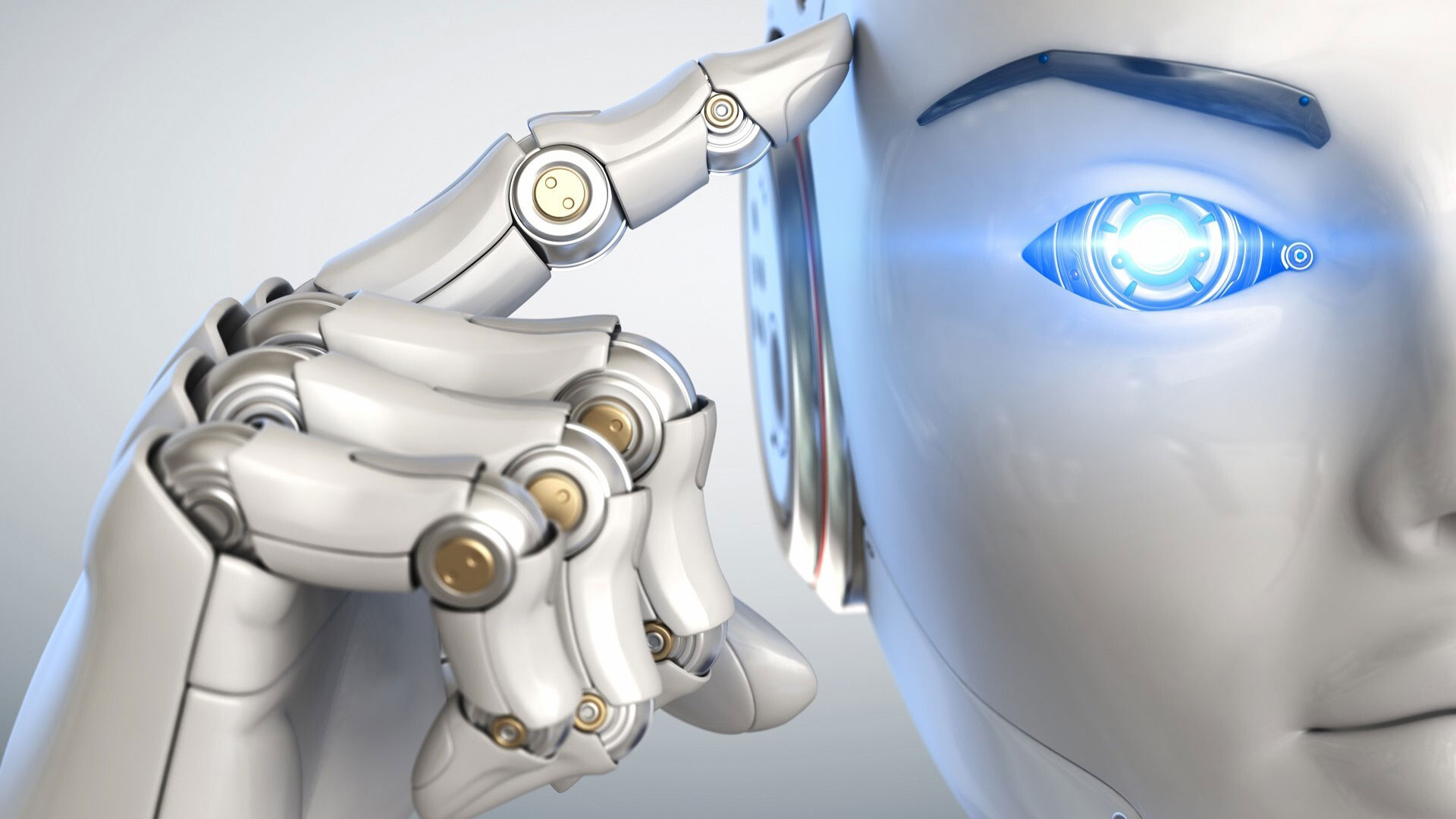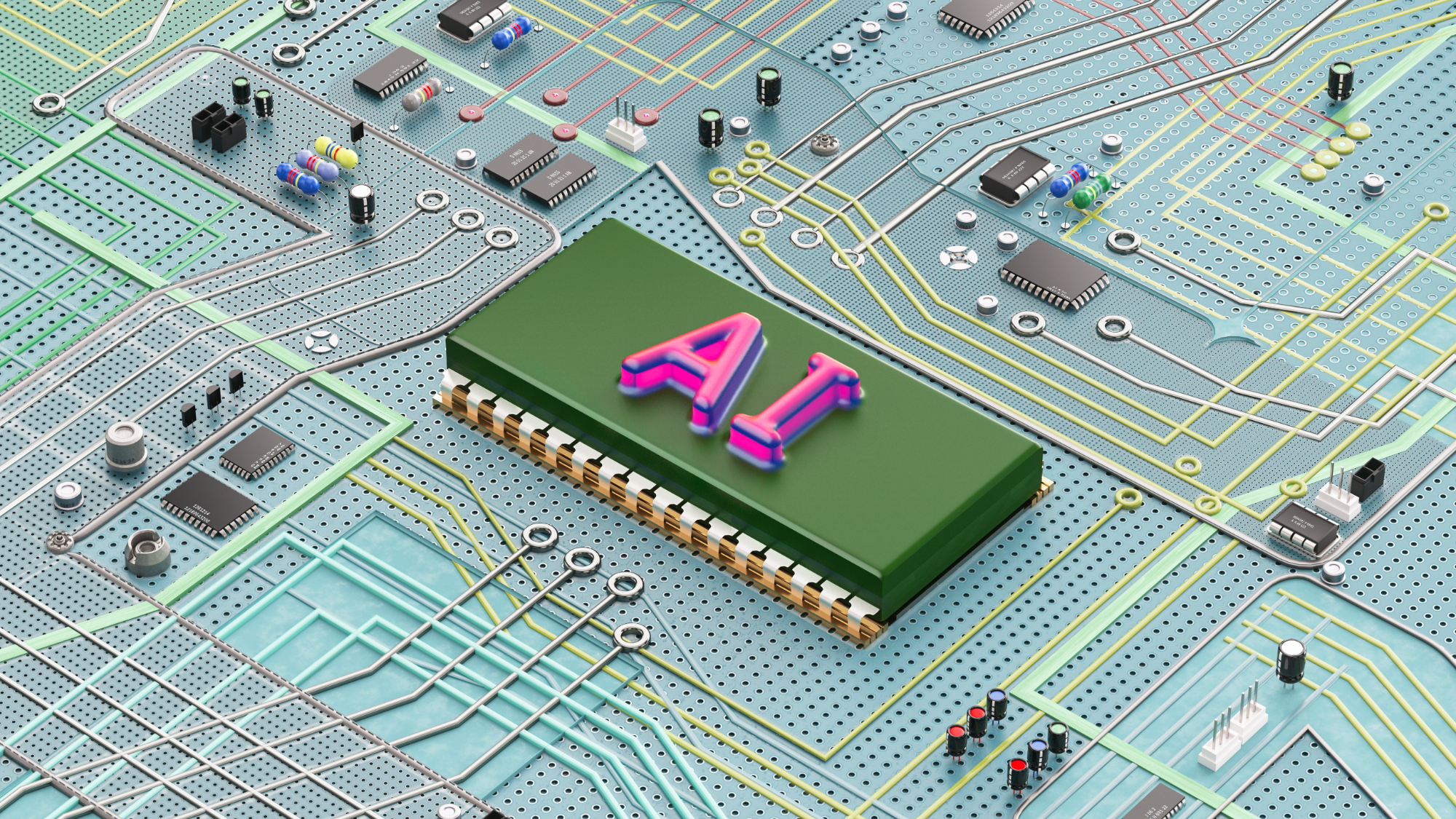Reading the headlines and talking to its users, it's clear on some level that AI has taken over the world and maybe even ushered in a new epoch. From regular people to large-scale companies, everyone has seemingly jumped aboard the AI hype train — so much so that it's created entirely new entities and bolstered existing ones beyond imagination. More and more people use services like ChatGPT for their daily routines now, and firms employ enterprise-grade AI tools to help with business, sometimes to the point of favoring it over human workers.
But a new survey conducted by the U.S. Census Bureau and reported on by Apolloseems to show that large companies may be tapping the brakes on AI. Large companies (defined as having more than 250 employees) have reduced their AI usage, according to the data (click to expand the Tweet below). The slowdown started in June, when it was at roughly 13.5%, slipping to about 12% at the end of August. Most other lines, representing companies with fewer employees, are also at a decline, with some still increasing.
AI adoption actually falling now for many firms pic.twitter.com/BmTFHEqHPpSeptember 7, 2025
Keep in mind that the survey is biweekly, which means it collects samples every two weeks, but the data isn't available at the same rate. Hence, there might be fluctuations in statistical accuracy, though other news on the AI front has been murky lately. Recently, Nvidia's share price dropped following its quarterly earnings call, where CEO Jensen Huang said its AI GPUs are sold out. Analysts have even begun warning of a potential "AI winter," which could impede AI hype further.
The U.S. Census Bureau, a government agency that's been around since 1902, conducts its Business Trends and Outlooks Survey (BTOS) every two weeks. This survey is the primary method of determining AI use and adoption for businesses in the country, and its latest report shows a decline for the first time since tracking began in 2022. As of late 2023, only ~3.9% of companies had used AI to sell or produce their goods/services. That number rose to over 5% by mid-2024. This survey includes 1.2 million firms, so the data should be fairly reliable.
Critics might point toward an initial overenthusiasm in adopting AI that has now led to a pullback. A recent Stanford study showed that AI was responsible for a 13% decline in jobs for young U.S. workers. A later Harvard study essentially corroborated that by revealing that junior-level roles are far more impacted than senior jobs due to AI. These numbers line up with the fact that firms were eager to embrace artificial intelligence early on to broaden their margins, which ended up reducing jobs without even cutting much of the cost.

It's not just large companies, either. A survey of 1,500 businesses in June also showed AI adoption declining among smaller firms. However, the distinction between using AI tools to get work done and using AI as a stand-in for a worker is unclear. You still need someone present to control and manage the AI, essentially maximizing its potential. On the other hand, AI could be doing the job a worker could've done, which adds to the unemployment rate.
We'll need to see more data over a longer period of time to make a definitive judgment about the state of the AI industry. AMD executives stated just this past weekend at IFA in Berlin that AI is "underhyped," and the hardware behind it is certainly making companies a lot of money. So there's still no shortage of positive takes on the future of this technology.
But with recent indications of a pullback from companies big and small, it will be interesting to see how an industry that has benefited from a global hype cycle handles a reality where everything isn't trending up.

 2 months ago
49
2 months ago
49







 English (US) ·
English (US) ·